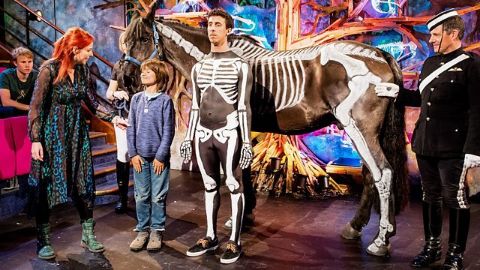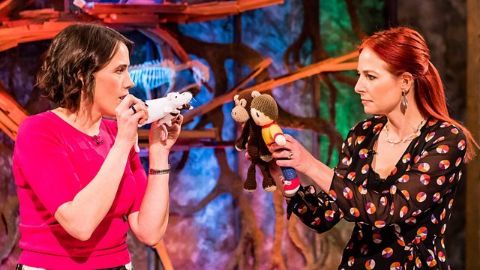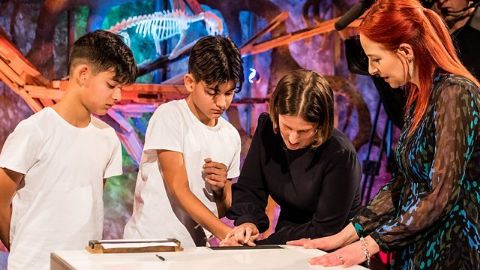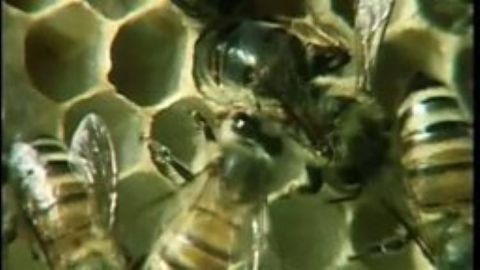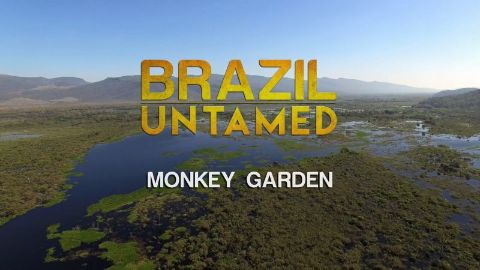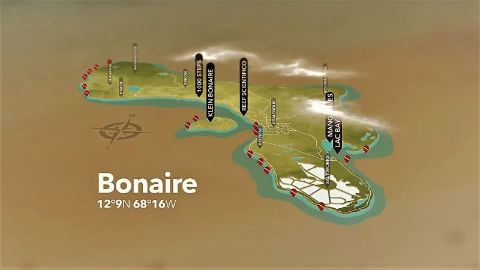Who Am I (Royal Institution Christmas Lectures) • 2018 • 3 episodes •
Professor Alice Roberts meets our ancient ancestral family, from armadillos to sharks, and discovers our true place in the tree of life. With 4D scanning, giant origami and a ukulele, they will explore evolution like never before.
2018 • Nature
Professor Alice Roberts explores the story of human evolution, revealing how a humble African ape became a successful global species. With daring parkour athletes and life-size primate animatronics, Alice explores the greatest leaps in our evolution by conjuring fire and re-enacting how we spread across the globe.
2018 • Nature
Are you genetically destined to despise brussels sprouts? We’re all human, but why are we all so different? With the help of a line-up of dogs and many sets of twins, Prof Alice Roberts explores what makes each of us totally unique.
2018 • Nature
